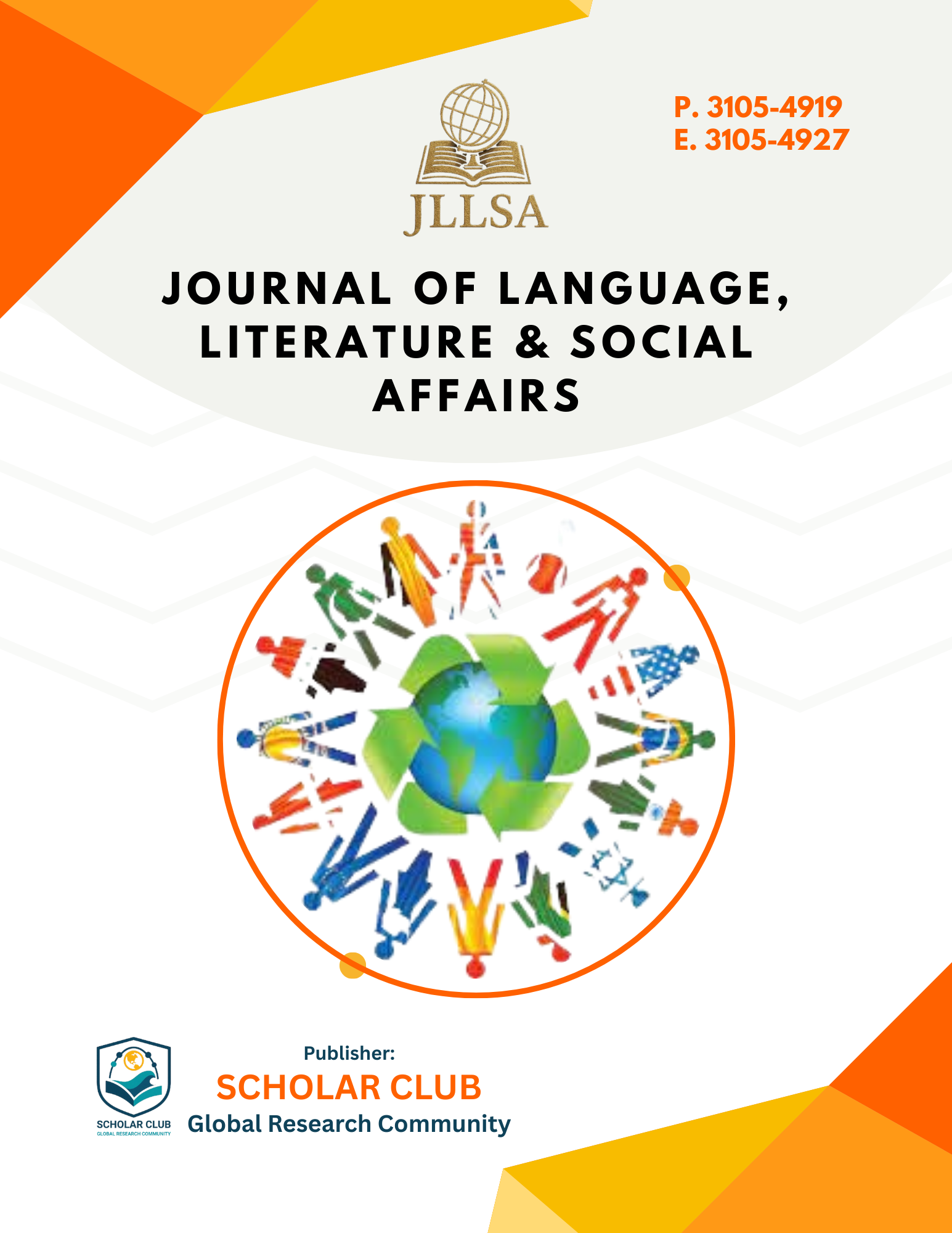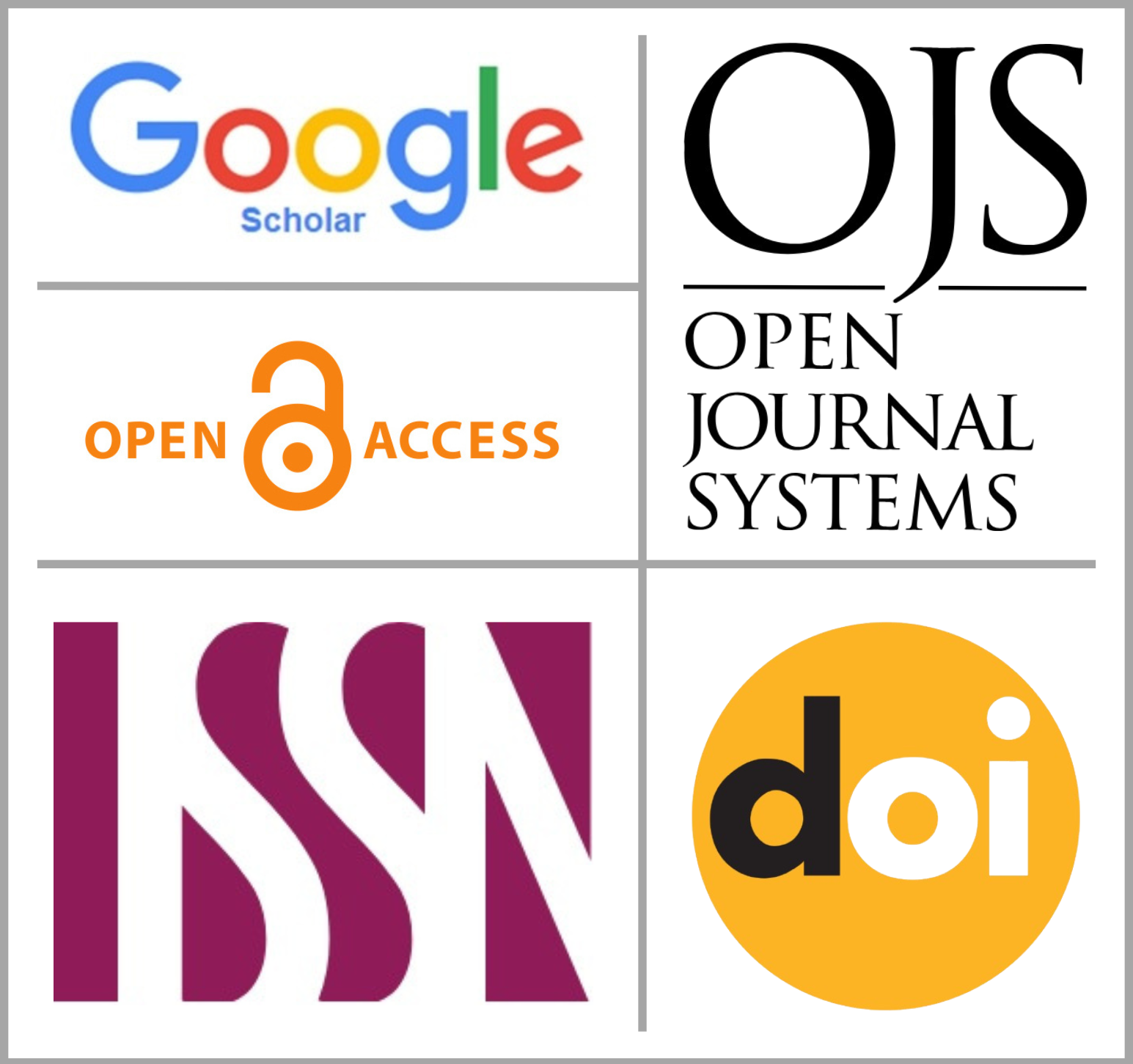JOURNAL INFORMATION
Name: Journal of Language, Literature & Social Affairs (JLLSA)
Frequency: Quarterly
ISSN P: 3105-4919
ISSN E: 3105-4927
Language: English
Publisher: Scholar Club (Private) Limited
Review Type: Double-Blind Peer Review
Area of Publication: Language, Literature and Social Sciences
INDEXING






